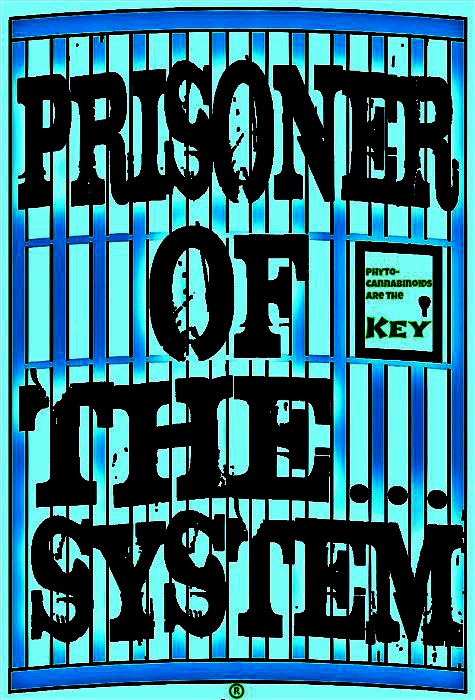2009 Feb;9(2):216-22. doi: 10.1016/j.intimp.2008.11.010. Epub 2008 Dec 12.
Napimoga MH1, Benatti BB, Lima FO, Alves PM, Campos AC, Pena-Dos-Santos DR, Severino FP, Cunha FQ, Guimarães FS.
Abstract
 Cannabidiol (CBD) is a cannabinoid component from Cannabis sativa that does not induce psychotomimetic effects and possess anti-inflammatory properties. In the present study we tested the effects of CBD in a periodontitis experimental model in rats. We also investigated possible mechanisms underlying these effects. Periodontal disease was induced by a ligature placed around the mandible first molars of each animal. Male Wistar rats were divided into 3 groups: control animals; ligature-induced animals treated with vehicle and ligature-induced animals treated with CBD (5 mg/kg, daily). Thirty days after the induction of periodontal disease the animals were sacrificed and mandibles and gingival tissues removed for further analysis. Morphometrical analysis of alveolar bone loss demonstrated that CBD-treated animals presented a decreased alveolar bone loss and a lower expression of the activator of nuclear factor-kappaB ligand RANKL/RANK. Moreover, gingival tissues from the CBD-treated group showed decreased neutrophil migration (MPO assay) associated with lower interleukin (IL)-1beta and tumor necrosis factor (TNF)-alpha production. These results indicate that CBD may be useful to control bone resorption during progression of experimental periodontitis in rats.
Cannabidiol (CBD) is a cannabinoid component from Cannabis sativa that does not induce psychotomimetic effects and possess anti-inflammatory properties. In the present study we tested the effects of CBD in a periodontitis experimental model in rats. We also investigated possible mechanisms underlying these effects. Periodontal disease was induced by a ligature placed around the mandible first molars of each animal. Male Wistar rats were divided into 3 groups: control animals; ligature-induced animals treated with vehicle and ligature-induced animals treated with CBD (5 mg/kg, daily). Thirty days after the induction of periodontal disease the animals were sacrificed and mandibles and gingival tissues removed for further analysis. Morphometrical analysis of alveolar bone loss demonstrated that CBD-treated animals presented a decreased alveolar bone loss and a lower expression of the activator of nuclear factor-kappaB ligand RANKL/RANK. Moreover, gingival tissues from the CBD-treated group showed decreased neutrophil migration (MPO assay) associated with lower interleukin (IL)-1beta and tumor necrosis factor (TNF)-alpha production. These results indicate that CBD may be useful to control bone resorption during progression of experimental periodontitis in rats.
- PMID:
- 19070683
- [PubMed – indexed for MEDLINE]


